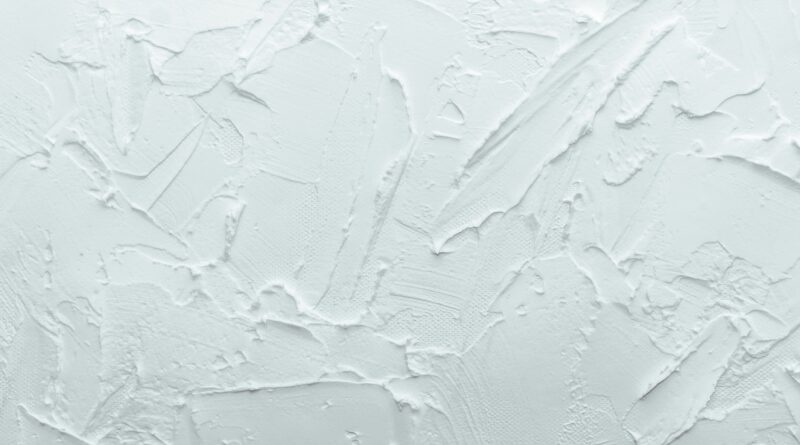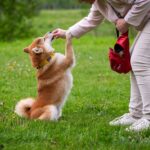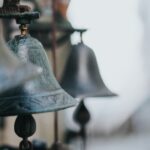Onomatopoeia Related To Touch
The Japanese language has less syllable than that many other languages have, but has a plenty of onomatopoeia, which are often used in conversation.
手触りに関する擬態語
Today, I will talk about some onomatopoeia that are related to touch.
日本語は音節がとても少ない代わりに、オノマトペ(擬音語・擬態語)がとても豊富で、会話の中でもよく利用されます。
“Sara-sara” ・・・ This shows that something is dry and beautiful, and there is no moisture.
For example: “Sara-sara no kami” (silky hair)
For example: “Sara-sara no kami” (silky hair)
今日はその中から、手触りに関するものを幾つか紹介しようと思います。
“Fuwa-fuwa” ・・・ This shows that something is very soft.
For example: “Fuwa-fuwa no makura” (a fluffy pillow)
For example: “Fuwa-fuwa no makura” (a fluffy pillow)
「さらさら」・・・湿り気や油っこさが無く、乾いていて美しい様子を表します。
(例:さらさらの髪)
(例:さらさらの髪)
“Zara-zara” ・・・ This shows that something is rough and not smooth.
For example: “Zara-zara no kami” (a rough/harsh paper)
For example: “Zara-zara no kami” (a rough/harsh paper)
「ふわふわ」・・・何かがとても柔らかい様子を表します。
(例:ふわふわの枕)
(例:ふわふわの枕)
“Kasa-kasa” ・・・ This shows that something has no moisture, grease, and polish, and is dry.
For example: “Kasa-kasa no hada” (a dry skin)
For example: “Kasa-kasa no hada” (a dry skin)
「ざらざら」・・・荒く、なめらかでない様子を表します。
(例:ざらざらの紙)
(例:ざらざらの紙)
“Gowa-gowa” ・・・ This shows that something is hard, stiff, and isn’t smooth.
For example: “Gowa-gowa no fuku” (a stiff cloth)
For example: “Gowa-gowa no fuku” (a stiff cloth)
「かさかさ」・・・水分や油分が無く、乾燥していて滑らかでない様子を表します。
(例:かさかさの肌)
(例:かさかさの肌)
“Gotsu-gotsu” ・・・ This shows that something is hard and bumpy.
For example: “Gotsu-gotsu shita iwa” (a rugged rock)
For example: “Gotsu-gotsu shita iwa” (a rugged rock)
「ごわごわ」・・・かたく、しなやかでない様子や、こわばった様子を表します。
(例:ごわごわの服)
(例:ごわごわの服)




